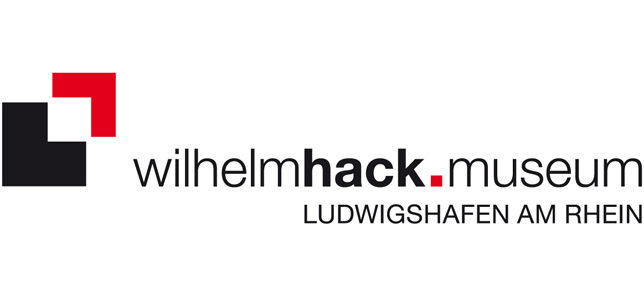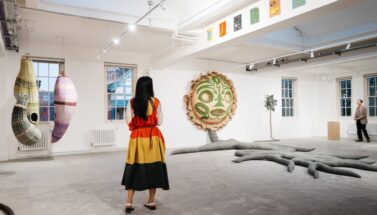WILHELM-HACK-MUSEUM – International Curatorial Fellowship

Deadline: January 31, 2013
The WILHELM-HACK-MUSEUM, Ludwigshafen am Rhein (Germany), is announcing an International Curatorial Fellowship for its public space project “HACK and the CITY. Think global, act local”, scheduled to run from late summer 2013 until end of 2014. The 18 month-fellowship is funded by the German Federal Cultural Foundation (Kulturstiftung des Bundes) in the program “International Museum Fellowship”.
The WILHELM-HACK-MUSEUM is a museum for Modern and Contemporary Art in the city Ludwigshafen am Rhein, a town very much formed by its industrial history and its immigrant population. 20% of the people living in Ludwigshafen are of foreign nationality (mainly Turkish but also from Eastern Europe, the Middle East etc.). With the support of an International Fellow curator from the Middle East the WILHELM-HACK-MUSEUM seeks to strengthen its position as locally and globally acting think tank and inspiration for citizens of any nationality, background or level of education. For this purpose the museum envisions a comprehensive, interdisciplinary program for the city’s public space that reflects the commonalities, potentials, boundaries and interactions between art, society, politics and everyday life.
The fellow will be part of the curatorial team and involved in all stages of conceptualization, planning and realization of “HACK and the CITY”. As a mediator between museum and community her/his task will be to develop, in close cooperation with the museum team, an interdisciplinary program that not only makes use of the institution itself but especially of the city space as an exhibition and play area. The exploration and investigation of the specific conditions and individual resources are expected to lead to a lively program of events, performances, lectures, exhibitions. Of particular importance is the engagement with the community and accessibility for everyone.
For this project we are looking for an ambitious curator from the Greater Middle East who, ideally, is already experienced in the implementation of public art projects and well-connected within the art world of his/her home region. Knowledge of the post-colonial discourse and interest in the issues of migration and cross-cultural matters, such as cultural exchange processes, are required as well as advanced-level English competency and computer literacy. Knowledge of German would be advantageous. Other important features are: communication skills, passion for working with people and a keen sense of group processes (especially professional/amateur mix).
Please note: This position is full-time and runs for 18 months. The fellow will enter a contract with the Stadt Ludwigshafen with a gross salary starting at around 2,400 Euros/month. As the candidate will be a state employee, s/he is required to have German health insurance and to pay into the German tax and social welfare system. The Goethe Institut and the museum will assist the fellow with necessary paperwork such as work permits and visas, if necessary. Preferred start of the fellowship is 15 April 2013.
Please check the Kulturstiftung’s website for more information on the fellowship program which includes workshops and other events: http://zumlink.de/WHM)
More on the museum: http://www.wilhelmhack.museum/
More on the city of Ludwigshafen am Rhein (in German): http://www.ludwigshafen.de/
For inquiries about the curatorial fellowship, please contact Dr. Barbara J. Scheuermann, curator at the WILHELMHACK-MUSEUM, barbara.scheuermann@ludwigshafen.de.
Your application package should include:
- cover letter
- CV
- university certificate(s)
- contact information of two references
- 1-page essay outlining your ideas/expectations for the described project “HACK and the CITY” with a special focus on formats and audiences including names of proposed artists.
Please send the application via email in a single document in pdf-format by 31 January 2013 (extended deadline!) to Dr. Barbara J. Scheuermann, barbara.scheuermann@ludwigshafen.de
Funded by the International Museum Fellowship programme of the German Federal Cultural Foundation




